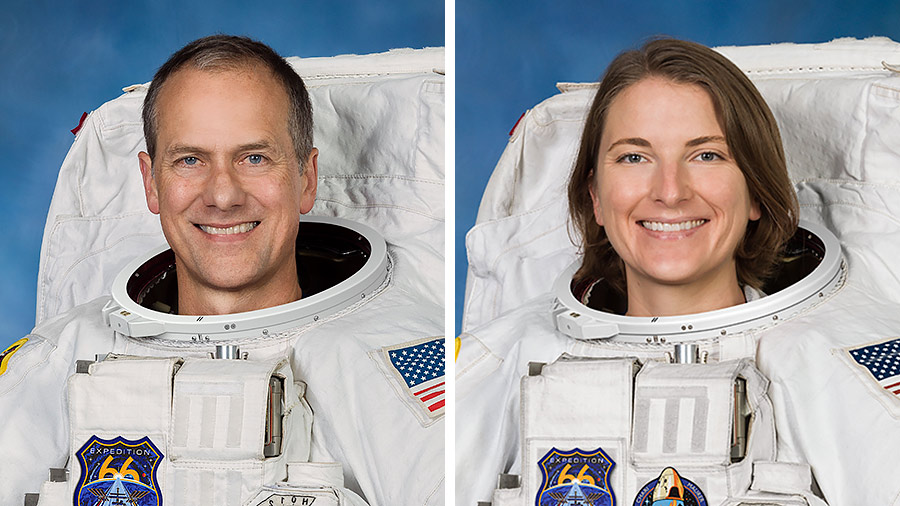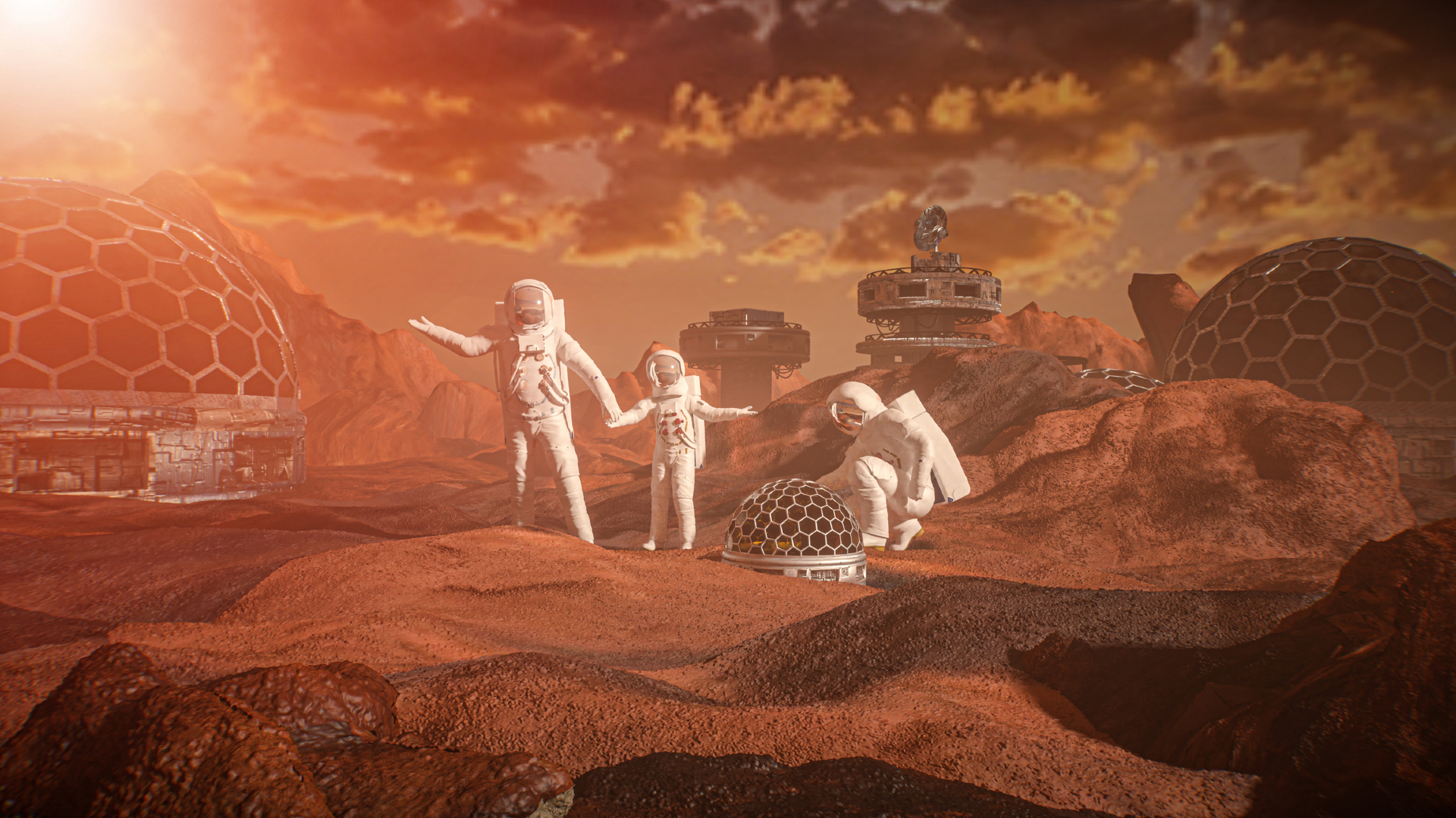NASA postpones spacewalk at space station due to space debris warning

Breaking space news, the latest updates on rocket launches, skywatching events and more!
You are now subscribed
Your newsletter sign-up was successful
Want to add more newsletters?

Delivered daily
Daily Newsletter
Breaking space news, the latest updates on rocket launches, skywatching events and more!

Once a month
Watch This Space
Sign up to our monthly entertainment newsletter to keep up with all our coverage of the latest sci-fi and space movies, tv shows, games and books.

Once a week
Night Sky This Week
Discover this week's must-see night sky events, moon phases, and stunning astrophotos. Sign up for our skywatching newsletter and explore the universe with us!

Twice a month
Strange New Words
Space.com's Sci-Fi Reader's Club. Read a sci-fi short story every month and join a virtual community of fellow science fiction fans!
Update for 6 p.m. ET: NASA has now rescheduled Tuesday's spacewalk for Thursday, Dec. 2.
A scheduled spacewalk by two NASA astronauts outside of the International Space Station has been postponed after a debris warning for the orbiting outpost caused NASA to act on the side of caution.
In a brief statement released just after midnight (EST, 0500 GMT) on Tuesday (Nov. 30), NASA said that the "lack of opportunity to properly assess the risk it could pose to the astronauts" led to flight controllers deciding to delay the spacewalk, which had been scheduled to begin at 7:10 a.m. EST (1200 GMT).
"The space station schedule and operations are able to easily accommodate the delay of the spacewalk," the space agency wrote on its website.
NASA did not release details about the nature of the "debris notification," including the source of the threat.
A recent Russian anti-satellite (ASAT) weapon test resulted in a new cloud of more than 150 trackable pieces of debris and forced the space station crew to take temporary cover in the immediate aftermath on Nov. 14, but whether that event and the spacewalk delay were related was not yet clear.
"We don't have any [times of close approach] or any conjunctions we're worried about right now in terms of crew actions for you guys, but of course we'll keep you posted,” Mission Control in Houston radioed the space station's crew, according to a report by CBS News.
Breaking space news, the latest updates on rocket launches, skywatching events and more!
"It's just real life, this is how things work out sometimes, and I'm really glad you fellows are looking out for our safety," said NASA astronaut Mark Vande Hei, an Expedition 66 flight engineer, according to CBS News.
Astronauts Tom Marshburn and Kayla Barron had been scheduled to replace a faulty antenna system with a spare mounted elsewhere on the space station’s backbone truss structure. The planned six and a half hour spacewalk would have restored use of one of the complex’s S-band Antenna Subassemblies (SASA), which is used to send and receive signals to and from Earth via NASA's Tracking and Data Relay Satellite System.
The antenna being replaced had lost its ability to send signals down to Earth.
The space station has additional low-rate S-band systems, as well as a high-rate KU-band communications system that relays video. The degraded capabilities have had a limited impact on normal station operations, so can await a rescheduled spacewalk.
Follow us on Twitter @Spacedotcom and on Facebook.

Robert Pearlman is a space historian, journalist and the founder and editor of collectSPACE.com, a daily news publication and community devoted to space history with a particular focus on how and where space exploration intersects with pop culture. Pearlman is also a contributing writer for Space.com and co-author of "Space Stations: The Art, Science, and Reality of Working in Space” published by Smithsonian Books in 2018.
In 2009, he was inducted into the U.S. Space Camp Hall of Fame in Huntsville, Alabama. In 2021, he was honored by the American Astronautical Society with the Ordway Award for Sustained Excellence in Spaceflight History. In 2023, the National Space Club Florida Committee recognized Pearlman with the Kolcum News and Communications Award for excellence in telling the space story along the Space Coast and throughout the world.


